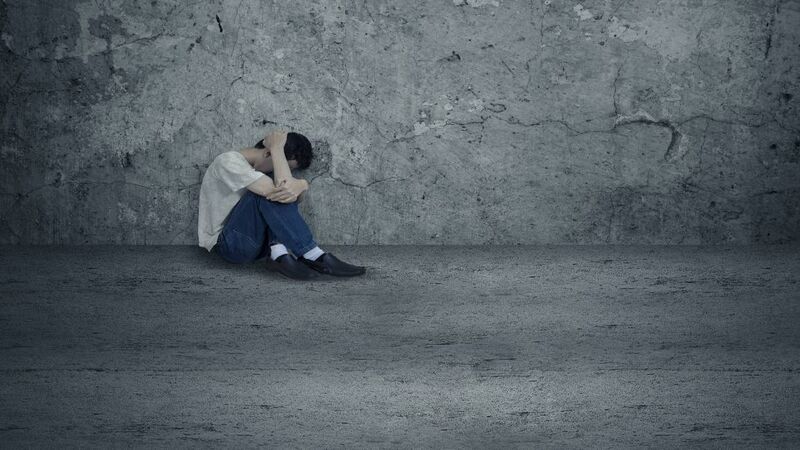Charity hits out at 'fundamentally inaccurate' warnings about draft Mental Health Bill

Professor Matthew Sadlier, a psychiatrist and chair of the IMO consultants committee, is expected to warn that patients with serious mental illness could be denied 'the right to timely and often life-saving medical treatment'. File picture
A row has broken out over the impact of the draft Mental Health Bill with the national charity SHINE saying warnings of negative impacts are “fundamentally inaccurate”.
The draft bill was published last year to much concern from psychiatrists and will be discussed at the first sitting of the Oireachtas Health Committee on Wednesday.










